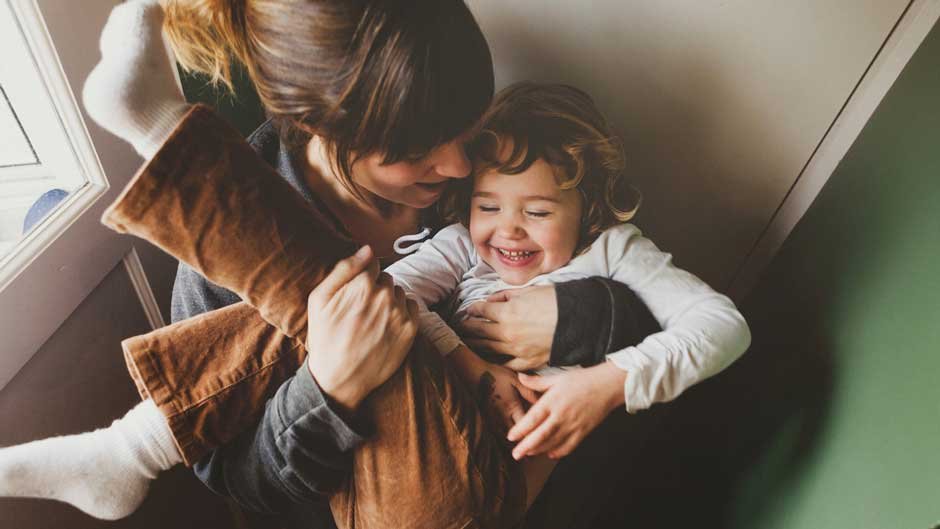Introverted children have unique needs and tendencies that differ from their extroverted peers. Often, these children need a safe space to retreat to and thrive on quiet time to recharge their batteries. As a foster carer, it’s important to understand these characteristics and provide support that encourages healthy development while also respecting their independence and need for alone time.
In this post, we’ll explore how to strike the right balance between support and independence for your introverted foster child.
Recognising and Accepting Introversion
The first step to successfully fostering an introverted child is to simply recognise and accept their introversion as a natural part of their personality. Even if you’re only fostering the child for a short period of time through an agency such as thefca.co.uk, simply accepting them for who they are can make such a massive difference. Introverted children aren’t shy or anti-social, and it’s important to avoid labels that reinforce negative stereotypes. Instead, view their introversion as a unique characteristic that comes with strengths.
Encouraging Independence
Introverted children often thrive on independence and autonomy, and it’s important to provide your foster child with opportunities to exercise these traits. Encourage your foster child to pursue interests and hobbies that they enjoy, even if these are solitary activities like drawing or reading. Avoid pressuring them to spend time in social situations that they find draining or overwhelming and allow them to participate in their own way.
Creating a Safe Space
Introverted children may need a safe space to retreat to when they feel overwhelmed or overstimulated. As a foster carer, you already know how important it is to provide your foster child with a safe and comfortable space of their own within your home. Ensuring that their bedroom is free from distractions and noise, filled with things that they like, and comfortable to spend time in is key. Make sure that your child is encouraged to use their safe space whenever they need to recharge their batteries.
Respecting Boundaries
Many foster children come from previous homes and situations where boundaries were not respected or even put in place, which is why learning healthy boundaries is such an important part of successfully providing a foster home. And one of the best things that you can do to teach your foster child about healthy boundaries is to model them. Respect your introverted foster child’s boundaries and avoid pushing them into situations that they might find overwhelming or uncomfortable or give them the option to opt out of certain situations.
Encouraging Social Skills
While introverted children might not thrive on social interaction in the same way as more extroverted kids, they do still need opportunities to develop their social skills. Encourage them to interact with others in a way that they are comfortable with, whether that’s small group activities, one-to-one conversations with close friends, or supervised online interactions.
Fostering an introverted child requires a delicate balance between support and independence. By accepting their introversion as a key part of who they are, you can create a safe, nurturing environment where they can develop their unique strengths.

